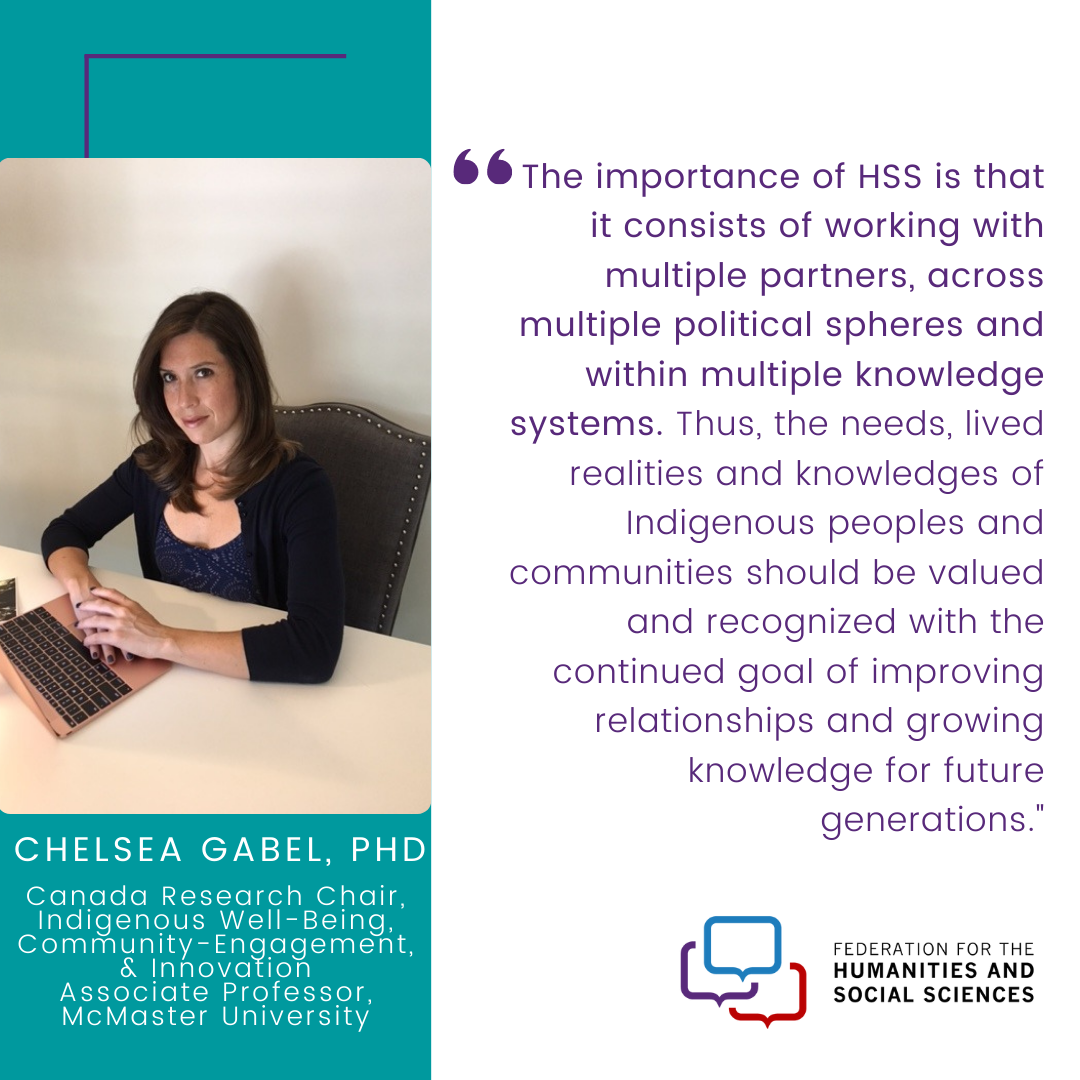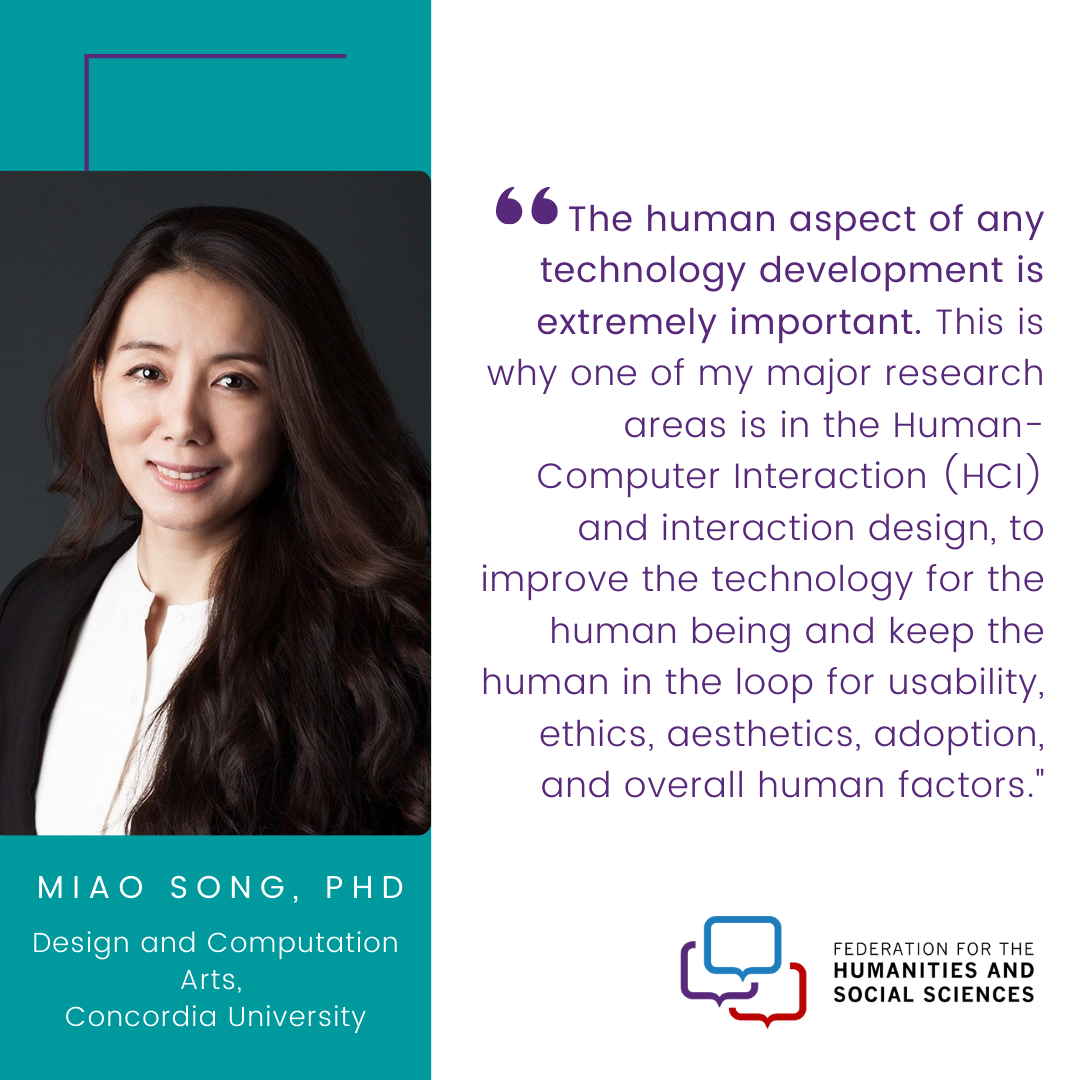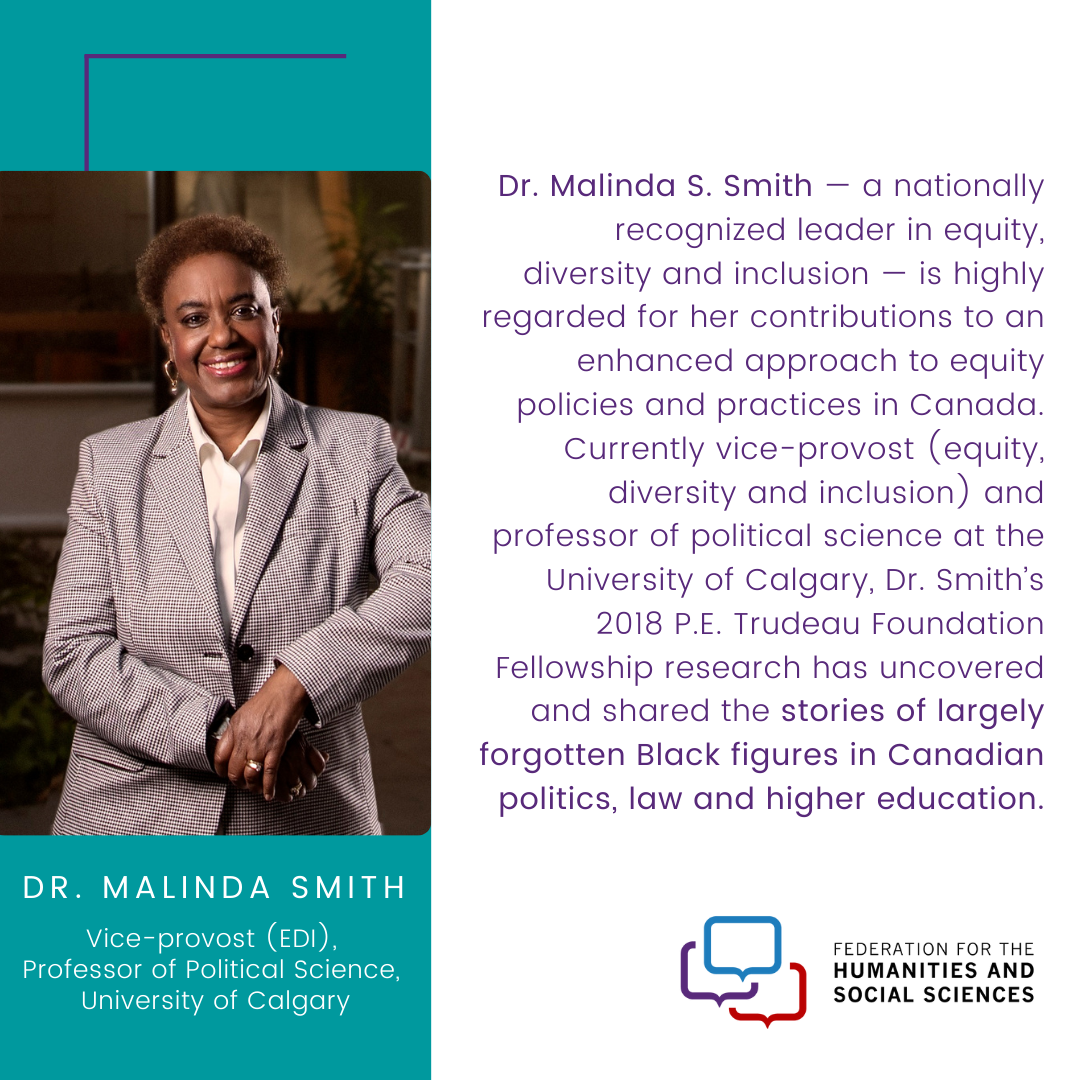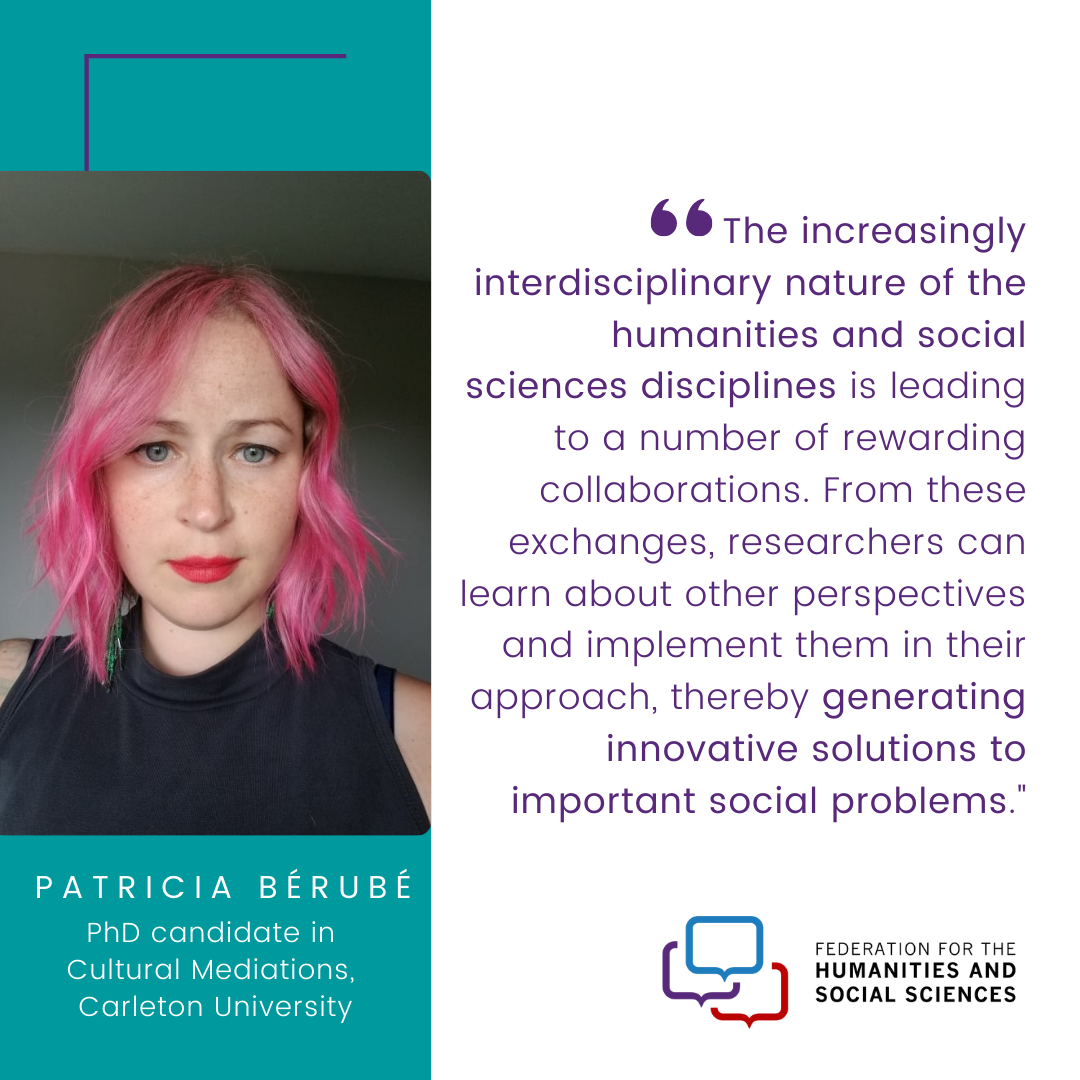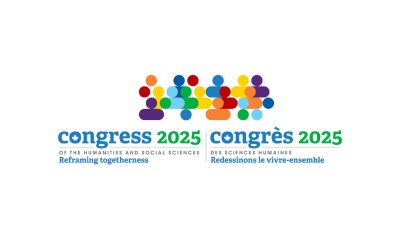Think Big has a single, overriding message for Canada and its elected leaders: we must recognize and support the vital contributions of the humanities and social sciences. The knowledge and skills gained through these disciplines will help Canada strive towards a better future for people across the country and around the world.
From climate change and human migration to income inequality and the rise of populism, huge global shifts require us to have the right skills, perspectives, and understanding to navigate an uncertain future.
These disciplines address big issues, whether racial injustice, reconciliation between Indigenous and non-Indigenous peoples, or the rapid advance of Artificial Intelligence. In times of crisis, they inform and guide our response. They discover, preserve, and mobilize knowledge about Canada and the world — including knowledge about our histories, languages, and cultural heritages. They promote engaged citizenship and public leadership, and they strengthen our democracy by analyzing issues, informing policy decisions, and exposing misinformation.
And Think Big has reassuring news for students and their families: studying the humanities and social sciences leads to secure jobs and rewarding careers. Today’s employers are looking for grads who have “human skills”: sophisticated communications skills; an ability to work with, understand, and adapt to other people; and analytical and problem-solving abilities.
These are the skills that help organizations to grow and thrive. They are also the hallmark of an education in the humanities and social sciences.
Get involved
- Subscribe to our Communiqué newsletter
- Submit a policy proposal through the Policy Development Framework
- Contact us at policy@federationhss.ca

Building a strong research future with Budget 2025
On November 4, 2025, the federal government tabled its 2025 Budget: Canada Strong. Through its investment to attract international talent, this Budget recognizes the vitally important work of researchers. Notably, Budget 2025 commits $1 billion over...

